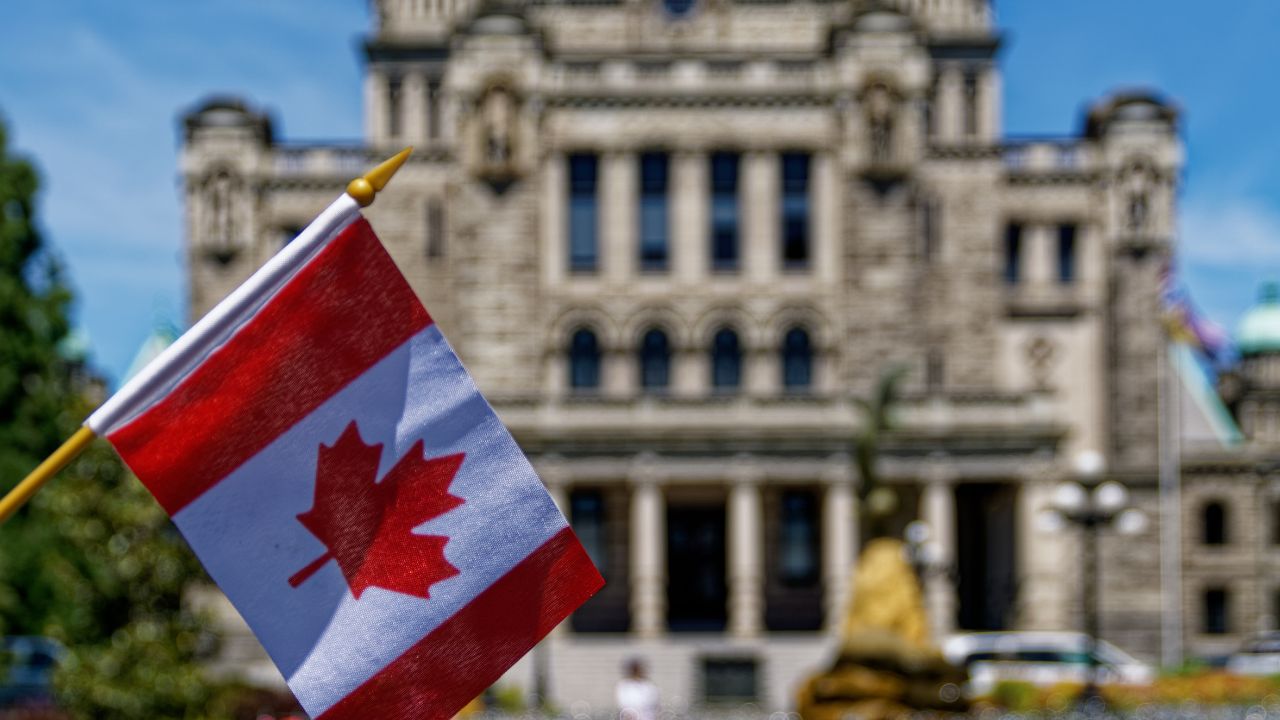
A Nutritionist’s Warm Guide to When to Enjoy Flaxs
Nutritionist Deepsikha Jain recommends 1–2 tablespoons of flaxseeds—morning, before meals or as a sn

The federal government pledged to “match remembrance with responsibility” on Tuesday, as Canadians gathered on Parliament Hill for the fifth annual National Day for Truth and Reconciliation, also recognized as Orange Shirt Day, to honor survivors of the residential school system and the children who never returned home.
Carney Emphasizes Government Responsibility
Prime Minister Mark Carney, addressing the crowd at the Remembering the Children event, acknowledged the deep and lasting impact of the residential school system.
“We reflect on the devastating legacy of the residential school system,” Carney said. “And we, as a government and as a people, match remembrance with responsibility.”
Between 1857 and 1996, approximately 150,000 Indigenous children were forced to attend church-run, government-funded schools. Students were often prohibited from speaking their native languages and were subjected to physical and emotional abuse in institutions far from their families. Estimates suggest at least 6,000 children died while attending these schools, although the actual number may be higher.
Protests Highlight Skepticism
Despite Carney’s commitment, not all attendees trusted the government’s promises. Several protesters voiced opposition to the federal government’s new major projects legislation, Bill C-5, which Indigenous leaders argue could undermine their rights in favor of economic development.
As Carney spoke, one protester displayed a sign reading, “Reconciliation? More like hypocrisy” with “C-5” circled in flames.
Governor General Simon Stresses Ongoing Responsibility
Governor General Mary Simon, the first Indigenous person appointed to the role in 2021, addressed the gathering, noting that the quest for reconciliation requires courage and vigilance.
“Much more work remains,” Simon said. “Inequities persist and we share a lifelong responsibility to address them.” She encouraged a vision where young Indigenous Canadians can fully embrace their identities while contributing to society, including roles such as teachers, doctors, and even the Governor General.
Voices of Survivors
The event included prayers, musical performances, and speeches from residential and day school survivors.
Charlotte Nolin, a Sixties Scoop survivor, emphasized that reconciliation involves every Canadian. “We should remember these children and the lives they gave so that we could move forward as a nation,” she said.
Reepa Evic-Carleton, an Inuk elder and day school survivor, described the ongoing legacy of residential schools. “I have seen how forced relocation and separation from the land have impacted us and how they created struggles with loss, grief, identity, and wellness,” she said.
Evic-Carleton, who attended day school for ten years, recalled being unable to speak her language or practice her culture, and witnessing rough treatment by teachers. Yet, she noted the enduring strength of her community in preserving culture and values.
Political Reactions
In a media statement, Conservative Leader Pierre Poilievre criticized the residential school system as a product of “big government” overreach, promising to end such policies. NDP MP Lori Idlout, an Inuk and the party’s Indigenous Affairs critic, urged the federal government to take further action to make reconciliation meaningful.
Commemorations Across Canada
In Toronto, hundreds gathered at Nathan Phillips Square to celebrate Indigenous culture while remembering residential school victims. Carole Walsh recounted her mother’s experience, taken at age five to a residential school near Sudbury, Ont., where she endured abuse and was forbidden from speaking her language.
Pamela Chrisjohn shared Indigenous agricultural practices, noting the growing interest among Canadians and new immigrants in learning the country’s true history.
In Vancouver, an Intergenerational March at the University of British Columbia highlighted the role of youth in reconciliation. Dana-Lyn Mackenzie, a Hwlitsum First Nation member, stressed that younger generations must continue the work of listening, learning, and taking action.
More than a thousand people participated in Winnipeg, honoring survivors and the children who never returned. Manitoba Premier Wab Kinew, Southern Chiefs’ Organization Grand Chief Jerry Daniels, and Assembly of First Nations National Chief Cindy Woodhouse Nepinak offered words of reflection and encouragement.
Woodhouse Nepinak, from Pinaymootang First Nation, said, “We walk today. We honour the legacy of what our people have been through. Every one of our families has been through it, whether it’s through residential school or day school. We weren’t supposed to be here.”
Sheila Sumner shared the story of her father, who attended the Elkhorn Residential School near Brandon, Manitoba, losing his ability to speak his first language. “For the next generation after us, it’s completely lost. That’s what I would like to see—our language come back,” she said.